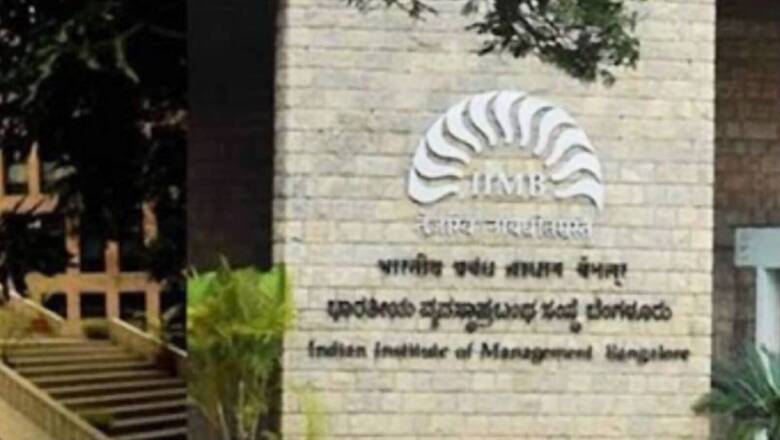
views
Gender inequality continues to be pervasive in nearly all walks of life – economic, political, social, cultural – an issue that cuts across borders. This remains true even as women are making tremendous progress and shattering glass ceilings in many ways, said Prof Hema Swaminathan during her talk on Women’s Legal Rights and Inequality in Economic Resources: A Global Perspective. It is the fifth in the series ‘Inequality Conversations’, hosted by the Centre for Public Policy at IIM Bangalore.
“Successful examples are inspiring and push boundaries, but they do not change the lived realities of most of the world’s women to whom equality is still not within reach,” she added.
“The ability to command and enjoy economic resources is important in its own right – they build agency, confidence, create peer groups, networks, and so on and lead to empowerment,” she said.
She also listed the reasons for gender inequality in labour income. As per the Index of States in India report, based on an analysis of 48 Acts, 169 Rules and 20 Notifications, it shows that discrimination in employment continues, she said.
While the World Inequality Report 2022 shows that female labour income share is systematically below 50 per cent, ranging from below 10 per cent to 45 per cent.
Further, women are less likely than men to own high-value assets like land, house, and other forms of immovable property, she said. “We commonly hear that women do not have an appetite for risk; we hear of gender stereotypes. What I do want you to remember is that the choices which women make or the skills they possess have not fallen out of the sky – they have already encountered discrimination of some kind which has led to these choices,” she added.
She added that women also pay for motherhood penalty but there is no fatherhood penalty in the labour market. While one must look at redistribution of the care work, the role of the state in addressing this imbalance must be looked into as laws remain regressive, she added.
“Property ownership gives one a great sense of security even if you don’t have an income, and across countries, women’s land/ home ownership is lower than men,” said Prof Swaminathan, adding that asset acquisition happens through marriage, inheritance and markets in most developing countries.
Drawing attention to laws around assets through marriage (full community of property, partial community of property and separation of property), she said women fare better under community of property regimes, pointing out that India follows the separation of property regime, which could be a double whammy for women because it does not understand the patriarchy which is at play and makes invisible the contribution of women.
Read all the Latest Education News and Breaking News here




















Comments
0 comment